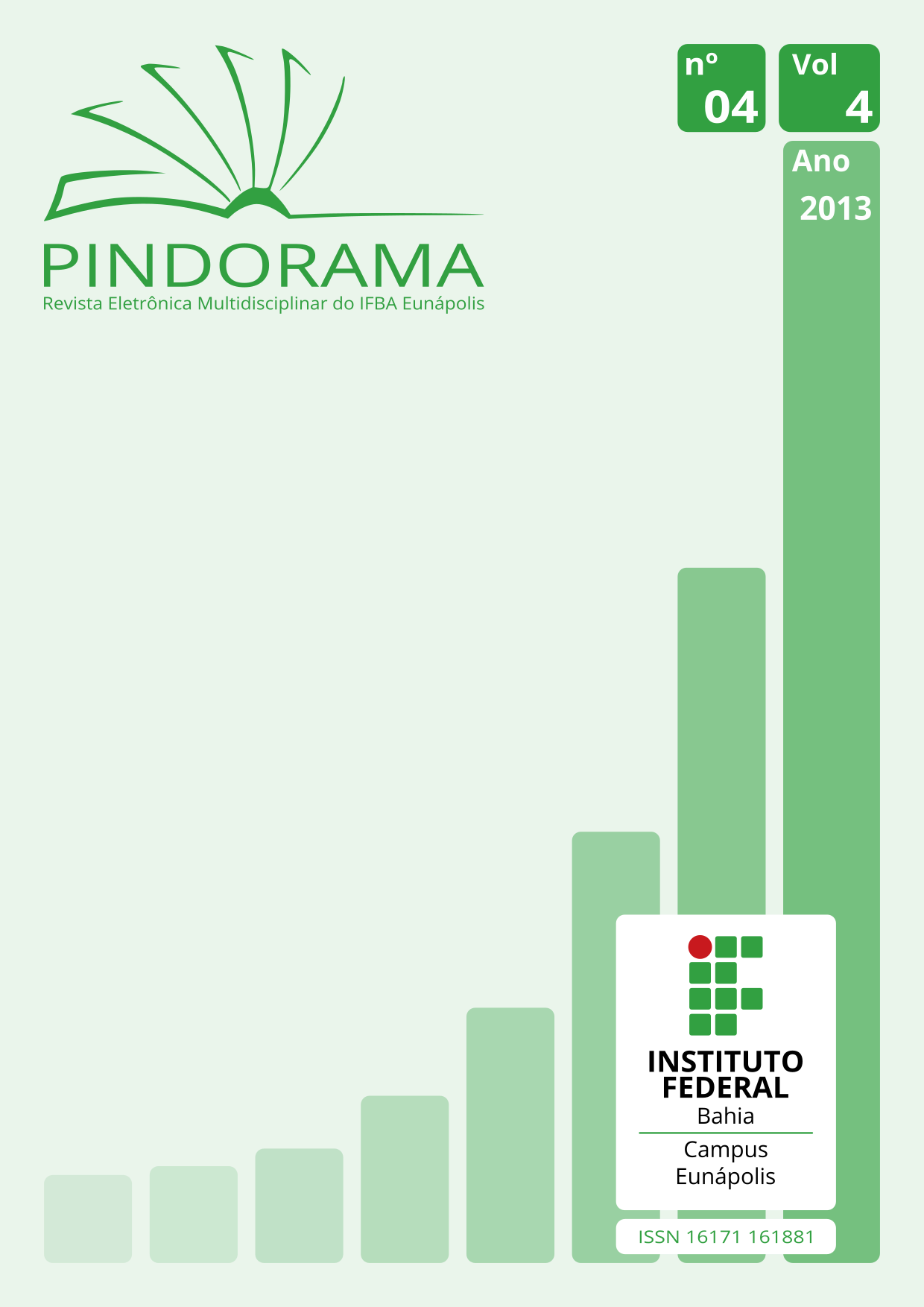Afro-brazilian women and their path to higher education: reflection on women’s voices in southern Bahia
DOI:
https://doi.org/10.55847/pindorama.v4i04.404Resumo
This article examines the difficulties that Afro-Brazilian women have experienced after gaining admission into the State University of Santa Cruz in southern Bahia. Using the voices of the women whose agency helped them to become university students the article discuss the lack of academic and financial support available to them as they work toward their undergraduate degrees. In 2001, responding to pressure from community activists, including black scholars, black women feminists, and student organizations within several universities, the federal government of Brazil under President Fernando Henrique Cardoso (1995 – 2003) approved laws to remedy racial and socioeconomic inequality. Thus, the affirmative action policy set quotas to expand access to Brazil’s public services and universities for black men and women, indigenous peoples, and people with disabilities.




